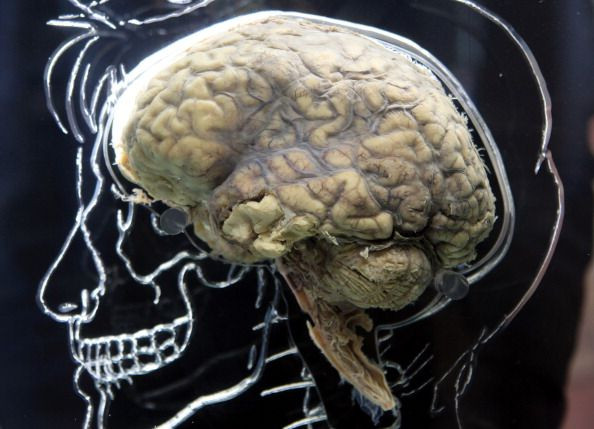Zika Virus Brain Infection May Also Affect Adults, Study Finds

On Thursday, a new study was published suggesting that certain adult brain cells may be vulnerable to Zika infection, as well as the brains of unborn babies. Zika is now associated with multiple neurological disorders, as well as microcephaly in unborn children, a condition that causes them to be born with abnormally small heads.
Earlier this year, the World Health Organization declared Zika virus —mainly spread by the bite of the Aedes mosquito and sometimes sexual transmission — an international health emergency. Current evidence suggests that Zika targets the mind's neural progenitor cells, which leads to loss of cells and reduced brain volume — closely mirroring the effects of microcephaly. A new mouse study shows that Zika affects these brain cells, which are vital for learning and memory, in an engineered model of the tiny mammal, meaning adult brain cells could be vulnerable too.
"This is the first study looking at the effect of Zika infection on the adult brain," said Joseph Gleeson, adjunct professor at Rockefeller, head of the Laboratory of Pediatric Brain Disease, and Howard Hughes Medical Institute investigator. "Based on our findings, getting infected with Zika as an adult may not be as innocuous as people think."
Gleeson and his team of researchers suspected that if Zika can infect fetal cells, it’s possible that the virus may also be able to infect neural progenitor cells in adults. While examining the brain of a mouse model engineered by Shresta and her team to mimic Zika infection in humans, it was concluded adult neural progenitor cells could be affected by the disease.
"Zika can clearly enter the brain of adults and can wreak havoc," said Sujan Shresta, a professor at the La Jolla Institute of Allergy and Immunology. "But it's a complex disease — it's catastrophic for early brain development, yet the majority of adults who are infected with Zika rarely show detectable symptoms. Its effect on the adult brain may be more subtle, and now we know what to look for."
This research shows that the Zika virus may be more harmful than previously believed, but additional studies will be necessary to determine if this damage has long-term biological implications or the potential to affect behavior.
"The virus seems to be traveling quite a bit as people move around the world," Gleeson added. "Given this study, I think the public health enterprise should consider monitoring for Zika infections in all groups, not just pregnant women."
Source: Gleeson J, Shresta S. Zika Infection May Affect Adult Brain Cells. Rockefeller University, 2016.
Read more:
Zika Virus: How Long Does It Stay In Your System?
Is There A Cure For Zika? Everything You Need To Know About The Mosquito-Borne Disease



























